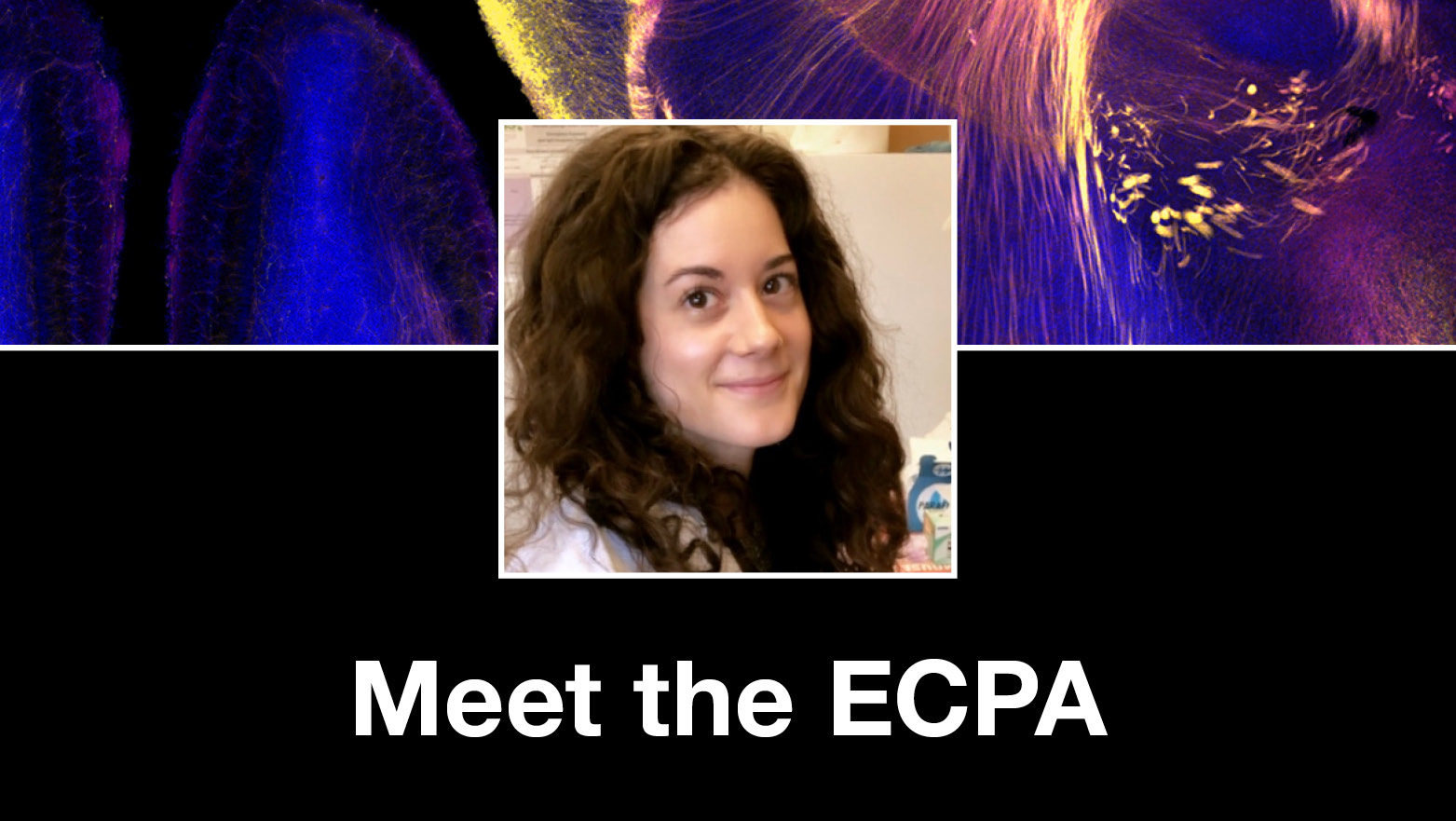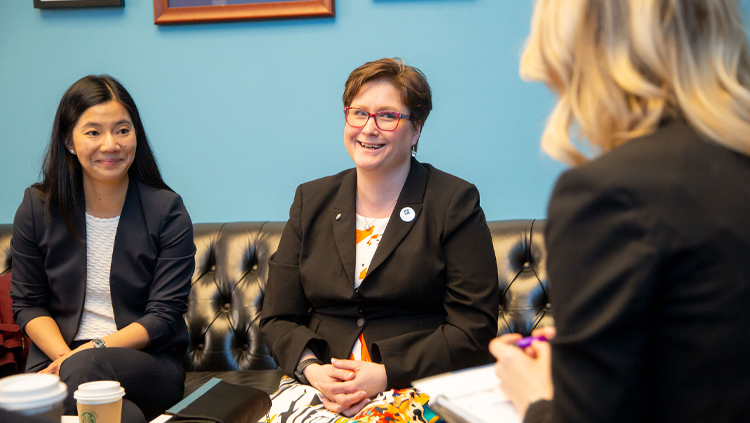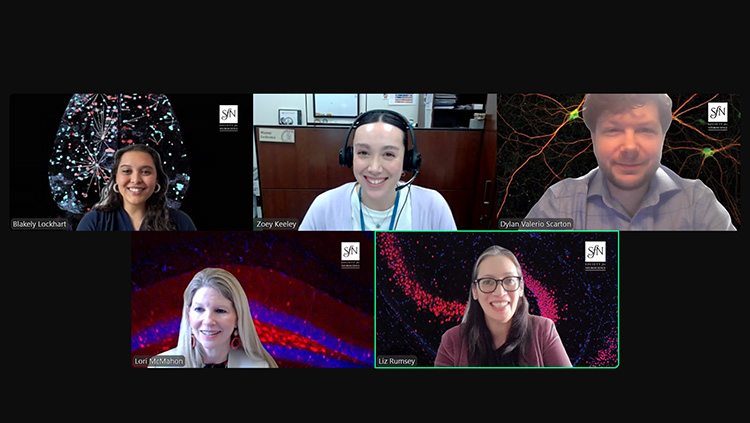Meet the ECPAs: Anastasiia Gryshyna
- Featured in:
- Meet the Early Career Policy Ambassadors
This interview is part of the “Meet the ECPAs” collection, which spotlights current Early Career Policy Ambassadors (ECPA) on their careers, interest in science policy, and current advocacy work. Read onto learn about Anastasiia Gryshyna, a doctoral student at the University of Alabama at Birmingham interested in basic science and pelvic pain.
Describe your journey in neuroscience and current research.
I was introduced to pain-related research during my undergraduate studies. Instantly captivated by this field, I pursued a master's degree in nanotechnology, aiming to explore how I could contribute to the development of novel pharmaceuticals in the future. Currently, I am a PhD student at the University of Alabama at Birmingham, specializing in behavioral neuroscience. My research revolves around the mechanisms underlying chronic pelvic pain in women. Specifically, I investigate the impact of chronic stress on the development of this condition, while also examining the role of hemopexin as one of the mediators in this relationship. I employ various techniques such as electrophysiology, behavioral pain assessments, and rodent fMRI. These methodologies allow me to delve deeper into the complexities of chronic pelvic pain.
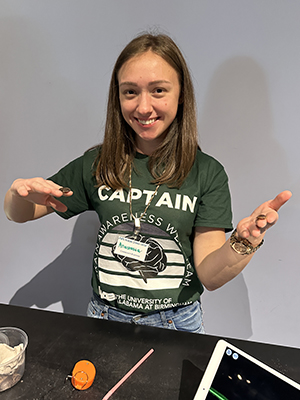 Why are you interested in science policy and advocacy?
Why are you interested in science policy and advocacy?
As a scientist, my interest in science policy and advocacy stems from the critical role governmental support plays in facilitating our work. Beyond merely funding research projects, governmental support is essential for addressing broader issues such as the ethical use of animals in research. Without this backing, the pursuit of novel treatments for conditions like chronic pain would be severely hindered. Research, particularly in fields like mine, is inherently expensive, and animal models are indispensable in advancing medical developments.
As I progress in academia, I increasingly recognize a significant gap between the scientific community and the general public. Bridging this gap is crucial not only for fostering public understanding and appreciation of science but also for garnering support from policymakers. Effective communication and advocacy efforts can help policymakers understand the importance of scientific research and the necessity for governmental support in advancing critical scientific findings.
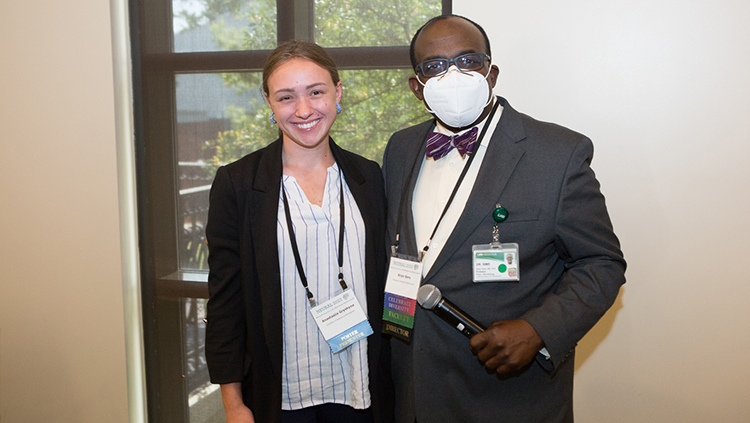
What does being an ECPA mean to you? Can you describe your two advocacy-related projects you proposed as part of the program?
Being an ECPA, to me, means that I promote those around me to talk about neuroscience and support the research within the field. I see myself as a bridge between the general public and established scientists/professors, striving to make neuroscience more accessible and comprehensible to everyone. As part of my ECPA journey, I will work on two advocacy projects. The first project focuses on the safe and ethical animal use in research which will target early career scientists and PhD students. The second project will focus on bridging the gap between neuroscience and the public, emphasizing the importance of science support. As part of that project, I plan to visit the assistant living homes and engage with older generation, facilitating discussions about science policy, aiming to increase awareness and understanding among this demographic. Overall, as an ECPA, I am committed to advocating for responsible research practices and fostering a greater appreciation for neuroscience among both scientists and the broader community.
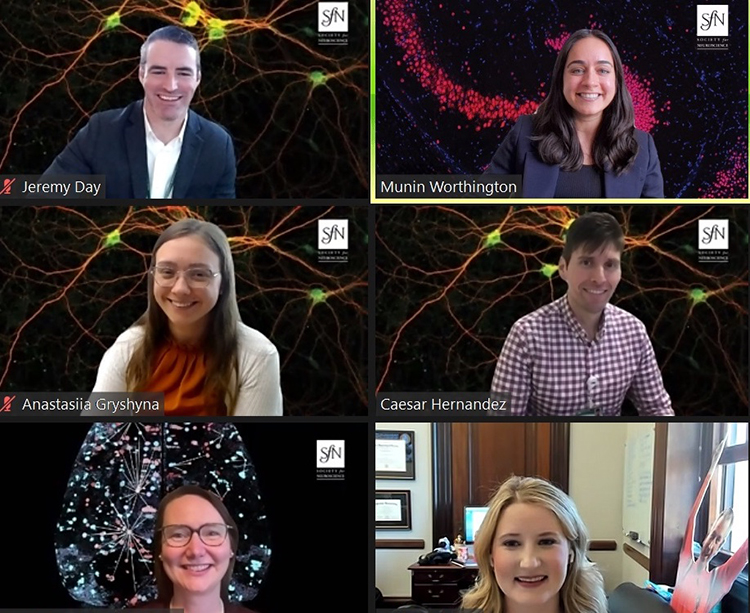
Why do you feel it’s important to speak to your federal policymakers on the importance of continued support of federal investment in biomedical research?
Without governmental support, scientific advancements would be significantly hindered. Biomedical research is expensive and governmental funding is an absolute necessity in the field. Federal investment is essential for funding research projects and for supporting practices like animal use. Many treatments and interventions undergo rigorous testing in animal models before they can be safely administered to humans. Without federal support, development of these novel drugs would be limited as it would be impossible to test on humans. I believe that the more understanding the federal government has of the work we do, the more likely they are to support such work. Not engaging in these conversations can lead to misunderstandings or misconceptions about the value of scientific research and subsequently hinder the support for science.
How has being an SfN member benefited you in both your professional career and advocacy journey?
Being a SfN member has contributed significantly to my professional career. My first SfN annual meeting was in 2023, and I was fortunate to meet a lot of amazing neuroscientists at the meeting. Engaging in conversations with fellow members expanded my knowledge and introduced me to new publications and techniques that have significantly influenced my research project. Also, presenting my research poster during the poster session at the annual meeting further promoted me to think about my project and supplementary experiments that can strengthen my conclusions. Additionally, being an SfN member has contributed significantly to my work in science advocacy. Being an ECPA is a highlight of my advocacy work as it empowers me to extend my advocacy endeavors beyond academic circles and engage with governmental agencies and policymakers. This is an amazing skill to have as I progress in my academic career and continue advocating for scientific advancement and support.




